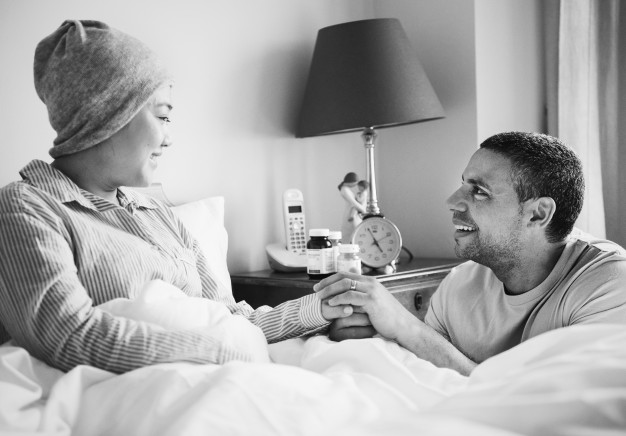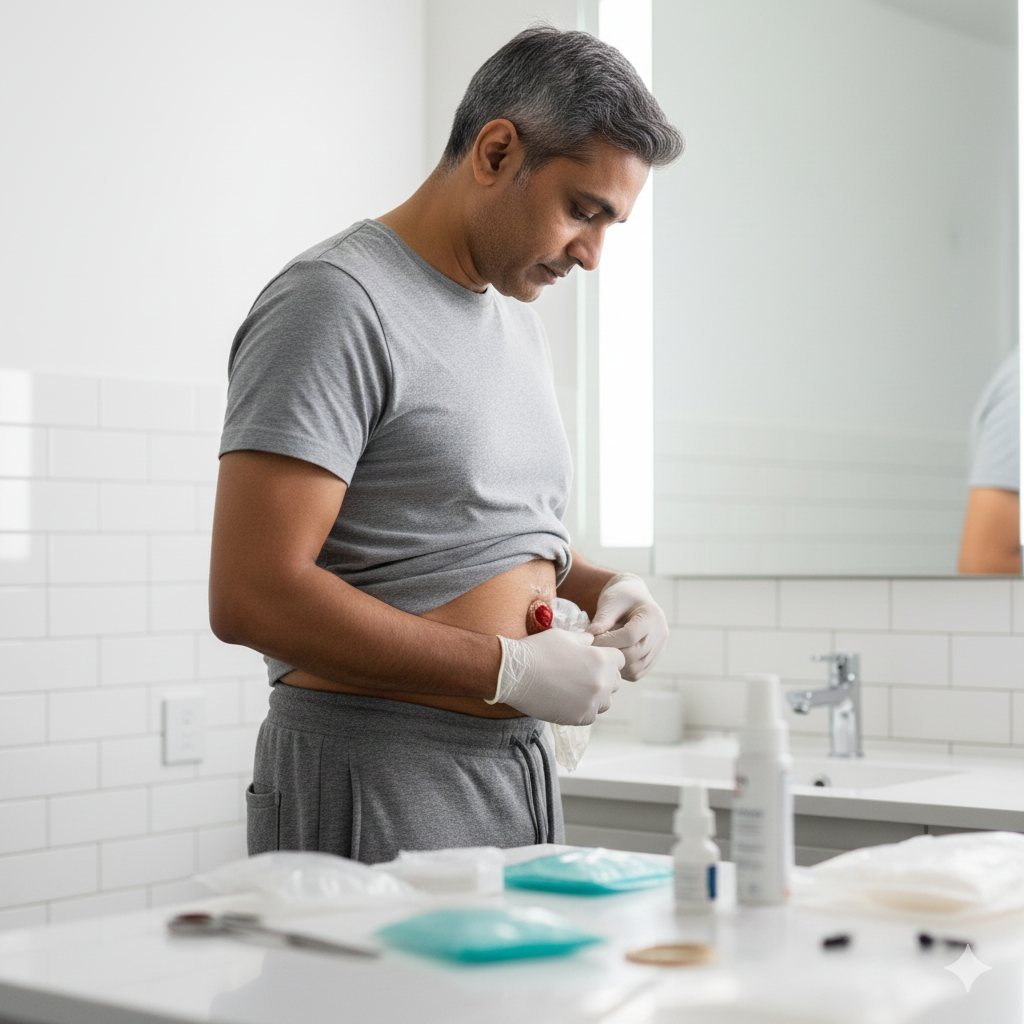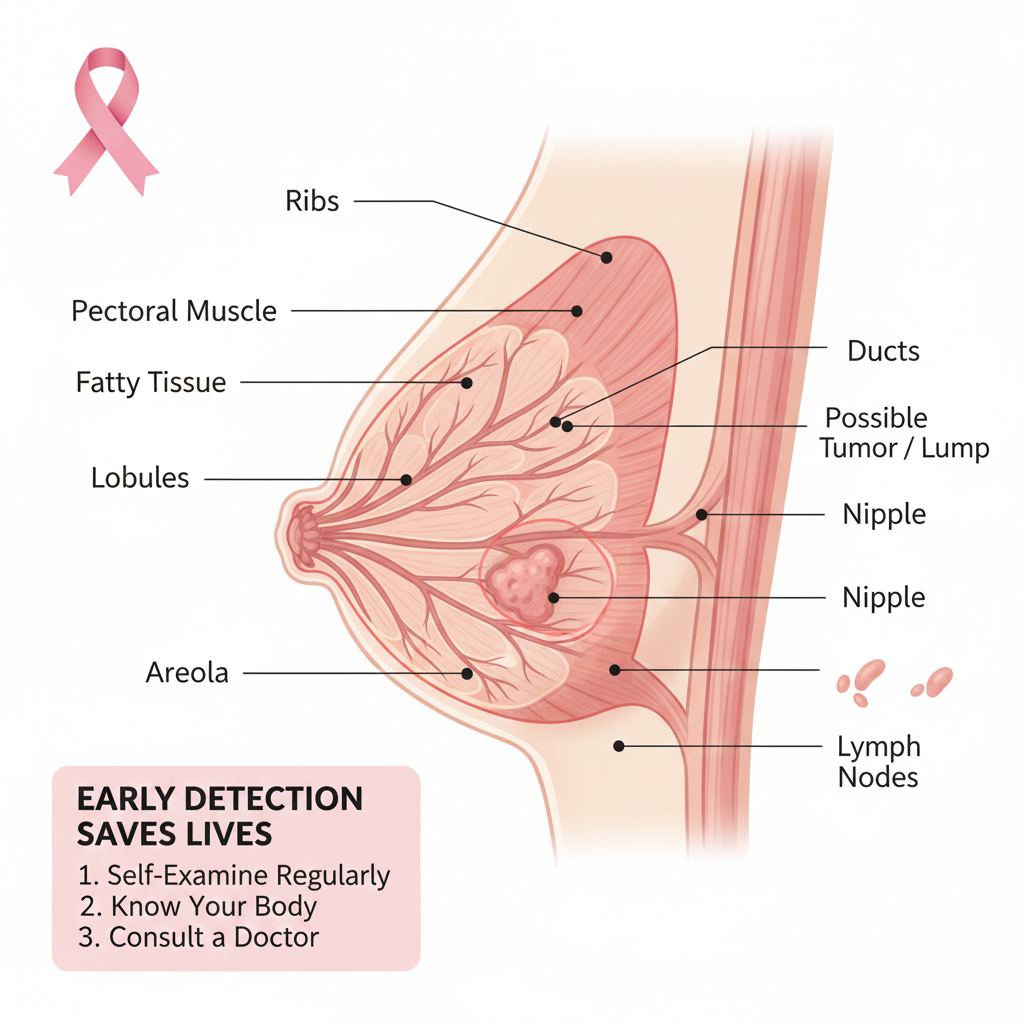POST CHEMOTHERAPY CARE

Cancer Awareness
DAILY HYGIENE
Proper hand washing
- Wash the
front and back of your hands with soap and warm water.
- Clean under
your fingernails and between your fingers.
- Rinse and dry
your hands with a clean towel.
- Wash your hands frequently
- After using the restroom
- Before and after eating
- Before and after preparing food
- Before and after holding infants, young children and pets
- Shower- moisturize your skin after showering
- Clean the rectal area thoroughly after bowel movements
- Take care of your chemo port/ central line
- Remove the dressing after 48 hours, after having bath with soap and water
- Avoid unnecessary touching or movement of the port.
- Keep
the area clean and dry to prevent infection.
- Hand hygiene should be done before touching
the port area.
- Clean
the port area with lukewarm water and normal saline
- After
completing your chemotherapy, the needle has to be removed, in case it’s not
removed please report in day care for its removal
- Perform gentle mouth care (before and after food)
- Rinse with the solution prescribed
- Use toothpaste as tolerated
- Use a very soft toothbrush to gently clean
- Perform deep
breathing exercises (avoid Kapalbharti)
- Protect your skin
from sunlight exposure.
- Wear clothing to protect your skin from
sunlight
- Wear a face mask
- When your
white blood cell count is low
- When you
leave your home to outside road or gathering
- When the housekeeper is cleaning your room
FOOD SAFETY
Safe food handling will help you avoid foodborne illness. The following are critical points for safe food preparation
- Cleaning Hands and Surfaces
- Wash hands with warm water and soap
- Before meal preparation.
- After handling the garbage
- Wash cutting boards, dishes, utensils, and countertops
- Clean lids before opening cans
- Storing Food
- Know how long to keep foods in the refrigerator
- Eggs: 7 to 14 days
- Fruits and vegetables: 4 days
- Milk: 2 days
- Discard leftovers that have been kept at room temperature for greater than 2 hours
- Discard leftovers that have been refrigerated greater than 3 days
- Preparing Food
- Wash with water even those with peels that won't be eaten. Scrub and brush fruits and vegetables to remove excess dirt.
- All meats, poultry and seafood must be thoroughly cooked (Avoid Raw Foods)
- All eggs should be cooked until both white and yolk are set and not runny.
- It is ok to use a barbecue grill if the grill is clean and the food and meat are cooked to well done.
- Do not use a microwave to cook meat, fish, poultry or eggs.
- Eat meals within one hour of preparation.
- Bring leftover soups, sauces, and gravies to a rolling boil before serving.
- Avoid foods that may contain a large number of
harmful germs
<!--[endif]-->
- Avoid stale, blemished, damaged, pre-cut, or
mouldy produce
- Avoid fast food, take out or restaurant food
- Acceptable Drinking Water - boiled water (boiled
for 2 minutes) or Bottled Water/ filtered water by reverse osmosis or
distillation (RO)
- Foods to Avoid When You Have Diarrhea
Diarrhea is a common problem after chemotherapy. It is important to avoid foods that can make diarrhea worse. In general, try to do the following:
- Avoid uncooked vegetables, fruit and whole
grains, foods and fluids that are greasy and spicy.
- Avoid caffeinated beverages
- Avoid milk
- Eat small, frequent meals.
- Drink plenty of fluids
- Eat foods that have bulk stools such as
oatmeal, bananas, cooked carrots, rice, noodles, well-cooked eggs, and
custard apple.
- Eat rice and curd
- How to Deal with Poor Appetite?
A poor appetite is common but getting
adequate nutrition is key to your recovery. In fact, you need more protein and
calories for your body to heal after CHEMOTHERAPY. The following strategies
may be helpful:
<!--[endif]-->
- Small,
frequent meals, for example, cat 5 meals a day or cat meals about 3 hours
apart.
- Do not skip
meals and snacks, even though you may not be hungry.
- Avoid being
around during food preparation if the smell of food bothers you.
- Carry your own food and a beverage with you when you are travelling
WHAT TO DO WHEN YOU HAVE MOUTH SORES
- Do:
- Avoid very
cold or very hot foods and beverages.
- Soften or
moisten food by dipping them in liquid or taking a sip of a beverage with
food.
- Choose soft
foods such as bananas, pears, mashed potatoes, scrambled eggs, custards,
creamy soups and cereals, yoghurt, ice cream, sherbet, upma, Sabudana.
- Don't:
- Use spices.
- Drink citrus
or acidic beverages which can be irritating and may burn or sting.
- Eat hard, dry or fried foods, raw
vegetables and foods with seeds and tough skins.
- Avoid Exposure to Microorganisms
- Avoid anyone
who is ill with cold, flu or other infections
- Wear face
mask
- Do not clean
animal cages, empty litter boxes or handle animal faeces of any kind
- Do not do any
gardening or caring for plants in the home
- Do not vacuum
or dust (leave the room during vacuuming and dusting)
- Avoid
construction sites
- Do not use
rectal thermometers, rectal medications (suppositories) or enemas
- Do not have
any invasive procedures by a dentist, or physician without first checking
with the team
Exercise
- Avoid inactivity and return to normal daily
activities as soon as possible after diagnosis and treatment.
- Exercise for up to 30 minutes (low
intensity) for 5 times each week.
WARNING SIGNS OF CATHETER OR PORT PROBLEMS
Contact your doctor immediately if:
- The area becomes red, swollen, painful,
bruised, warm or itchy
- There is a lot of bleeding
- You get a fever.
- Any fluid leaks out
- You have shortness of breath or
dizziness.
- Fever or chills:
- Temperature > 101°F or 38.3°C or
- Temperature of 100°F or 38°C sustained over one hour
- Cold Symptoms
- Cough
- Sore throat
- Green or yellow sputum
- Runny nose
- Shortness of breath
- Any area of your skin becomes warm to touch, red, painful or swollen
- Any new skin changes or rashes
- Nausea or vomiting that persists and prevents you from taking in fluids or food
- Bleeding, especially:
- From your mouth, nose, gums, under the skin (bruising)
- Blood in your urine, stool or sputum
- Prolonged or heavy vaginal bleeding
- Change in bowel bladder
habit
- Difficulty emptying your bladder
- Pain or burning during urination
- Constipation, pain during passage of stool, blood with stool
- Diarrhea - more than 4-5 loose bowel movements in 24 hours
- Neurological sign/ symptoms
- Unusual headaches
- Double or blurred vision
- Changes in your thinking (confusion,
showed thinking, excessive sleepiness)












